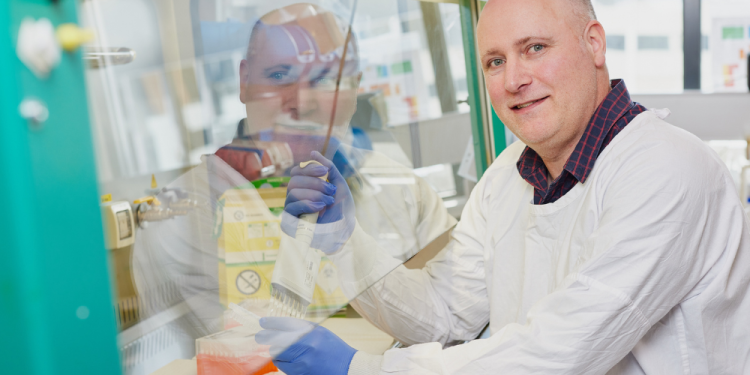
Antimicrobial resistance is a major concern in the healthcare system. When bacteria develop resistance to first-line treatments, it means the germs are not killed and continue to cause problems associated with the infection.
Mycoplasma genitalium is one such bacteria which has grown resistant to many common treatment options. It is a relatively common sexually transmitted infection that affects about 2 per cent of the population. It can cause pelvic pain and infertility in women.
To address the issue of resistance, Lead Researcher Dr Gerald Murray from the Women's and his team analysed mutations in Mycoplasma genitalium that failed treatment with the antibiotic moxifloxacin.
They sought to answer two critical questions: how have resistance mutation levels changed over time, and which mutations are most strongly associated with treatment failure?
“Australia has very high levels of antimicrobial resistance in Mycoplasma genitalium, so it is an ideal location to study the basis of treatment failure,” Dr Murray said.
The research team analysed 539 cases of Mycoplasma genitalium infections, with results showing a concerning trend of increasing resistance, from 13 per cent to 23 per cent, over the eight-year period from 2012 to 2020.
One specific mutation was the primary cause of treatment failure, associated with 80 per cent of unsuccessful treatments. The study’s findings will be crucial in developing advanced diagnostic methods that can detect underlying resistance and enable more targeted treatments.
The study’s results will also contribute to improved antimicrobial stewardship, which aims to preserve the effectiveness of antibiotics by ensuring they are used responsibly. Through understanding the basis of treatment failure, healthcare professionals can prescribe antibiotics more effectively, and therefore reduce the risk of resistance developing.
More targeted treatments and a structured surveillance system are needed. By acting now, we can work to combat this issue and preserve the effectiveness of antibiotics in treating infections.
This research was published in Antimicrobial Agents and Chemotherapy.